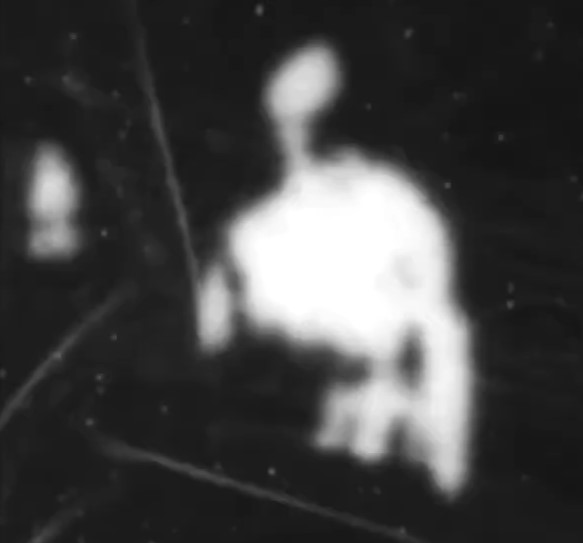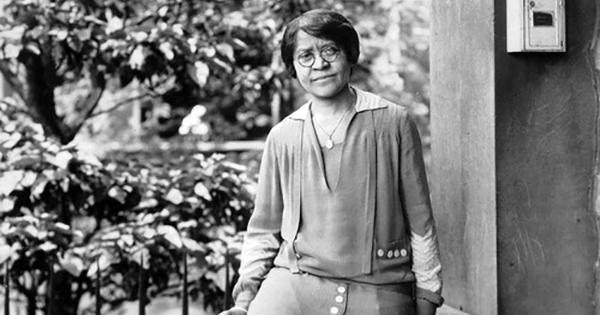People seek out movie reviews to learn about the latest cinematic offering. But did you ever stop and ask yourself about where and when movies were first made?
Continue reading


People seek out movie reviews to learn about the latest cinematic offering. But did you ever stop and ask yourself about where and when movies were first made?
Continue reading

Annie Malone is mostly unknown today, but during the first quarter of the 20th century she had a profound impact on the empowerment of African-American women. Malone was a business tycoon, style trend setter, educator, philanthropist and role model. A documentary film made in 1927 presented an in-depth celebration of her extraordinary career – but the film’s disappearance mirrors Malone’s absence from most historical texts.
Continue reading

Few film scholars elevated the 1929 short “Wrong Again” to classic status, but I’m willing to go out on a limb to suggest it deserves such an honorific classification. It was among the last wave of Laurel and Hardy’s silent output and had three future Oscar winners behind the camera – director Leo McCarey, cinematographer George Stevens, and screenwriter Lewis R. Foster – plus one of the most wonderfully original sight gags of all time.
Continue reading

The last major Jesus-focused film of the silent cinema era was Cecil B. DeMille’s 1927 release “The King of Kings.” The production offered heaping servings of DeMille’s vices and virtues as a filmmaker: an astonishing sense of visual spectacle and the uncanny ability to make an epic move at a swift pace, coupled with a bizarre sense of dramatic puerility laced with the obsessive need to improve upon holy source material with old-fashioned vulgarity.
Continue reading

For many years, the 1910 version of “Frankenstein” was the subject of endless speculation when the film was believed to be irretrievably lost. The agitation over its absence was understandable, since it represented an early foray into the horror genre and it was the first film adaptation of the Mary Shelley novel.
Strangely, much less interest has been generated by the second film version of the Mary Shelley novel. This 1915 production, titled “Life Without Soul,” was somewhat closer to its source material than the 1910 film, and it was later at the center of one of the most unusual intellectual property legal cases to emerge in the 1930s.
Continue reading

A half-dozen genres are merrily mixed together in “The Bat,” the wild and often zany 1926 silent feature based on a Broadway play written by Mary Roberts Rinehard and Avery Hopwood, which in turn was based on Rinehart’s novel “The Circular Staircase” (1908).
Continue reading

Francis Ford is mostly recalled today as a character actor in his younger brother John Ford’s classic films, but back in the 1910s and 1920s he was a prominent leading man and director. Most of his films from his halcyon days are no longer available, but his 1918 feature “The Craving” is now available in a digitally restored presentation from film historian and preservationist Ben Model’s Undercrank Productions.
Continue reading